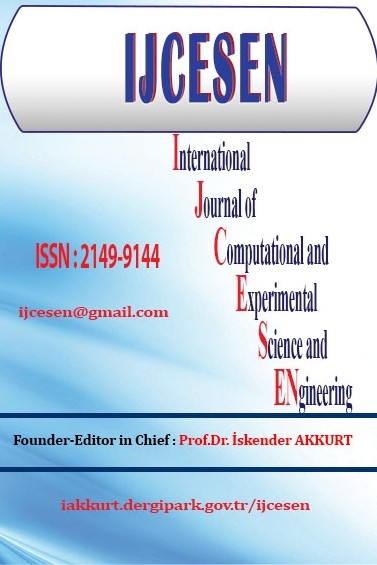
International Journal of Computational and Experimental Science and Engineering
Yazarlar: Gökhan KESKİN, Erdinç PELİT, Abdülkadir ÇAKMAK, Arslan SAY, Yılmaz ÖZBAY
Konular:Tıp
Anahtar Kelimeler:Arsenic toxicity,Occupational disease,QT dispersion
Özet: Introduction: Arsenic (As) and its poisonous effects, toxic nature and carcinogenic effects are well-documented. As an environmental toxicant, As widely appears in nature in both its organic and inorganic form. As an occupational toxicant, As is shown to be linked to an increased risk in many cardiovascular diseases including hypertension, ischemic heart disease, peripheral arterial disease (also known as Blackfoot disease), and carotid atherosclerosis. QT prolongation is a frequently seen effect of as poisoning and a dispersion of QT is implicated in the genesis of ventricular arrhythmias as well as a direct predictor of cardiovascular mortality. Materials and Methods: A total of 207 metal-mine workers, who were admitted to the Ankara Occupational Diseases Hospital for a routine annual follow up, were enrolled in the study. A control group was composed of 207 healthy individuals who were screened for arrhythmias, hypertension and obstructive coronary artery disease. Patients being treated with a medication that could affect the QT interval and patients with the conditions, were excluded from the study. Statistical differences were analysed by performing independent sample t-tests. Results: Our study showed a significant difference in the QT max between healthy individuals and the subjects with high occupational As exposure (P=0.039). QT dispersion and an As level in the hair samples, also showed a significant difference between the study groups (p=0.002 and p=0.001 respectively). Discussion: Possible occupational exposure to As may cause cardiac arrhythmias and sudden cardiac death. Further studies are needed to document the increased cardiac risk in populations with environmental and occupational exposure.